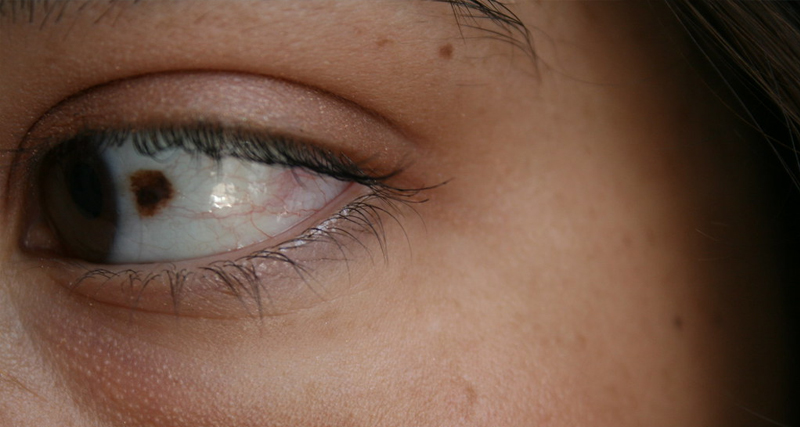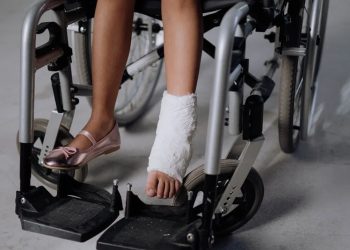Emotional and Social Impact of Birthmarks
While most birthmarks are medically harmless, their emotional and psychological impact can be significant, especially when located in visible areas or when large in size. Stigma, bullying, and self-consciousness can affect children and adults alike. Read more about the emotional and social impact of birthmarks below.
In children:
- School-aged children may experience teasing or exclusion.
- Emotional distress can manifest as anxiety, low self-esteem, or withdrawal.
- Some may avoid social activities like swimming, sports, or school photos.
Teenagers:
- Adolescence is a time of heightened self-awareness.
- Visible birthmarks can cause deep embarrassment or social isolation.
- Teenagers may express a desire for cosmetic treatment or cover-up strategies.
Adults:
- People may develop body image issues or feel judged in professional or social settings.
- Some may avoid relationships or public speaking.
- Emotional scars may remain even if the birthmark is later removed.
Support strategies:
- Open communication
- Encourage children to talk about their feelings.
- Reassure them that birthmarks are common and do not define their worth.
- Therapy and counselling
- Helpful for those experiencing anxiety, trauma, or depression linked to their appearance.
- Helpful for those experiencing anxiety, trauma, or depression linked to their appearance.
- Peer support
- Connecting with others who have visible differences can foster confidence and belonging.
- Connecting with others who have visible differences can foster confidence and belonging.
- Awareness in schools
- Educating teachers and classmates reduces bullying and promotes inclusion.
- Educating teachers and classmates reduces bullying and promotes inclusion.
- Parent empowerment
- Parents who are confident and informed set the tone for how a child feels about their birthmark.
In South Africa, birthmarks may carry cultural myths or superstitions, ranging from being “blessed” to being “cursed.” These beliefs can be harmful if they prevent proper medical care or cause shame. Health professionals should address such views sensitively while promoting factual information.
The emotional journey of living with a birthmark is deeply personal. For many, a blend of acceptance, support, and treatment can help them feel seen, valued, and empowered.
👉 [End of Series | Back to Overview]


